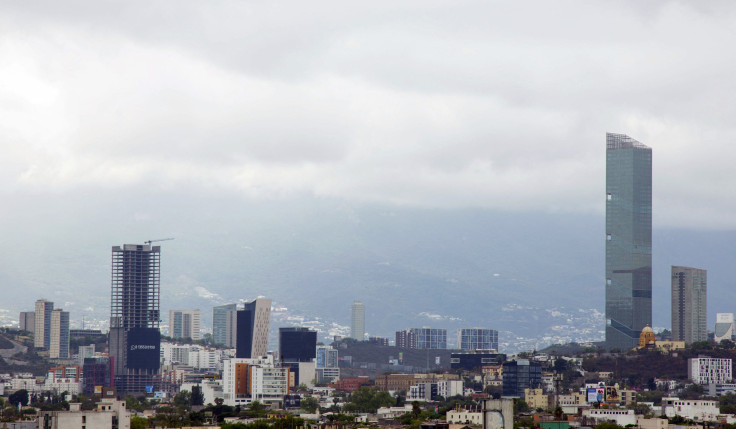
A recent study has uncovered an alarming trend: hazardous waste materials from the United States are being systematically transported to Mexico, more specifically Monterrey, where they are processed under less stringent environmental and labor standards.
The report, published by The Guardian and Quinto Elemento Lab based on a study by a team of toxicology researchers at the Universidad Nacional Autónoma de México (Unam), highlights significant shortcomings in the regulation and oversight of transboundary waste shipments and underscores the disparities in environmental protections between neighboring countries.
Under current international agreements, such as the Basel Convention, the export of hazardous waste is heavily regulated. However, the U.S. is not a party to the Basel Ban Amendment, which restricts hazardous waste exports from developed to developing nations. To get an understanding of exactly how much waste is being moved to Mexico, The Guardian made use of available data:
"In 2022, the most recent year for which data is available, US companies shipped 1.4m tons of their hazardous waste to Mexico, Canada and South Korea – ranging from old lead car batteries to industrial solvents and toxic sludge from factories. The Monterrey region received nearly half of all hazardous waste the US exported in 2022, including not only steel dust but hundreds of thousands of tons of lead batteries"
Materials such as electronic waste, industrial solvents, and heavy metals make up the bulk of these shipments. As an example, the report cites one of the firs Monterrey houses researched in the study:
"Samples taken by wiping the home's indoor window sills found lead, which is neurotoxic, at levels 60 times higher than the level at which the US says action should be taken to fix the problem to avoid health consequences"
Moreover, the study found evidence of falsified documentation and mislabeling of waste shipments, making it difficult for authorities to track and regulate these materials effectively, while Mexican agencies tasked with monitoring hazardous waste often lack the resources and personnel needed to enforce compliance.
Fernando Bejarano González, a representative from the International Pollutants Elimination Network for Latin America and the Caribbean told The Guardian that "The United States should reduce the generation of hazardous waste and not export it to Mexico or other countries" and compared the export of hazardous waste to Mexico as "a kind of colonialism."
The study's authors advocate for several measures to address this issue, including international collaboration to tighten regulations between the U.S. and Mexico, stricter reporting and tracking systems to monitor hazardous shipments, funding to help Mexican communities affected mitigate the environmental and health impacts of the waste and companies involved to be held accountable.
© 2025 Latin Times. All rights reserved. Do not reproduce without permission.






